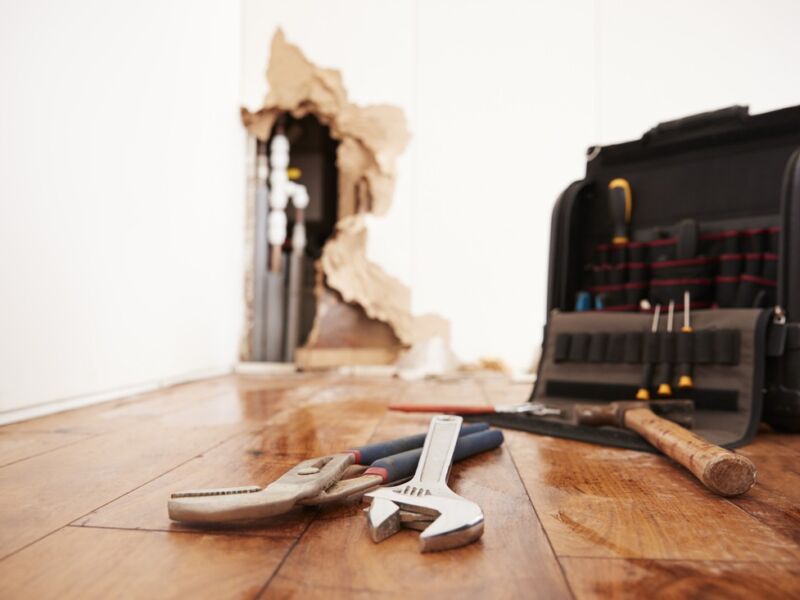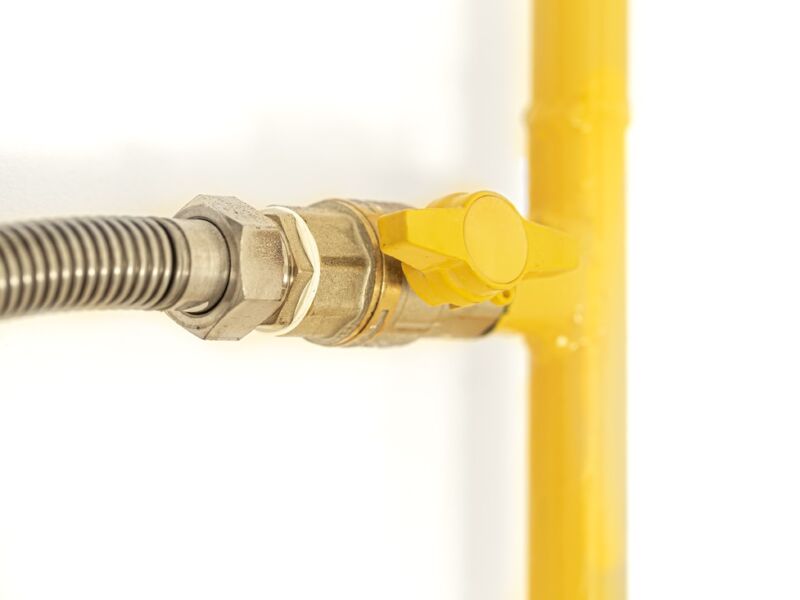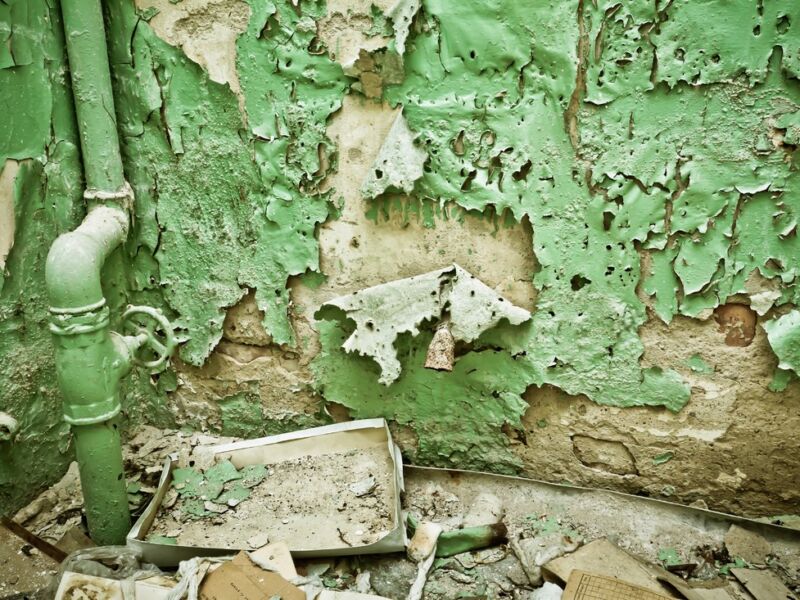
Introduction
Water damage can be a serious issue in office buildings, leading to property damage, financial losses, and disruption of business operations. It is essential for property owners and managers to understand the risks associated with water damage and take proactive measures to prevent it. In this article, we will explore various strategies and best practices for preventing water damage in office buildings.
Identifying Potential Causes of Water Damage
Before implementing preventive measures, it is crucial to identify the potential causes of water damage in office buildings. Some common causes include:
- Broken pipes
- Leaking pipes
- Frozen pipes
- Pipe bursting
- Plumbing issues
Broken Pipes
Broken pipes can occur due to various reasons such as age, corrosion, high water pressure, or physical damage. Regular inspections, maintenance, and timely repairs can help prevent pipe breakage. It is also important to have a professional emergency plumber available to address any plumbing issues promptly.

Leaking Pipes
Leaking pipes can be caused by loose fittings, damaged seals, or corrosion. Regular inspections, proper pipe insulation, and timely repairs can help prevent leaks. It is recommended to hire a professional plumber or pipe repair specialist to fix any leaks as soon as they are detected.
Frozen Pipes
During cold winter months, pipes can freeze, leading to pipe bursts and water damage. Proper insulation, keeping the indoor temperature above freezing, and allowing faucets to drip can help prevent pipes from freezing. In extreme cold weather, additional measures such as pipe heating cables or portable heaters may be necessary.
Implementing Preventive Measures
Once the potential causes of water damage have been identified, the following preventive measures can be implemented to protect office buildings:
Regular Inspections
Regular inspections of the plumbing system, including pipes, fittings, and fixtures, can help detect any signs of damage or potential issues. Hiring a professional plumber to conduct routine inspections is recommended.
Maintenance and Repairs
Maintaining and repairing the plumbing system on a regular basis is crucial. This includes fixing any leaks, replacing old or damaged pipes, and addressing any plumbing issues promptly. It is important to have a reliable plumbing service provider who can handle maintenance and repairs efficiently.

Proper Pipe Insulation
Insulating pipes in vulnerable areas, such as basements, crawl spaces, and exterior walls, can help prevent freezing and minimize the risk of pipe bursts. Installing insulation sleeves or using heat tape can provide additional protection during cold weather.
Drainage System Maintenance
Ensuring proper maintenance of the drainage system is essential to prevent water accumulation and potential water damage. Regularly inspecting and cleaning gutters, downspouts, and drains can help prevent clogs and water overflow.
Emergency Response Plan
Developing an emergency response plan specific to water damage incidents is crucial. This includes identifying emergency contacts such as professional water damage restoration services, insurance providers, and relevant building management personnel. Having a well-defined plan can help minimize damage and ensure a quick response.
Relevant Links
For more information on preventing water damage and professional water damage restoration services, you can visit the following links:
Important Facts and Statistics
Here are some important facts and statistics related to broken pipes and water damage:
- The development of statistics in the exploratory analysis was carried out with pipe breaks between 1995 and … (source: Pipe breaks and estimating the impact of pressure control in water …)
- Major environmental stressors, such as earthquakes and tremors, cause the most severe pipe damage for properties along geological fault lines.
- Broken pipes tend to be the symptom of another problem, and that problem will also need to be resolved. (source: Burst & Damaged Pipes: How Leaks Can Cause Water Damage)
- Clogged pipes are often caused by: Grease, Hair, Inappropriate items being flushed down pipes, Food scraps, Floss, Diapers, Sanitary products (source: Common Causes of Clogged Drains And Broken Pipes)
- According to The Oregonian/OregonLive, a broken sprinkler pipe was the culprit.
- A recent study found that the Chicago area alone is losing 22 billion gallons of treated water per year through leaky pipes.



